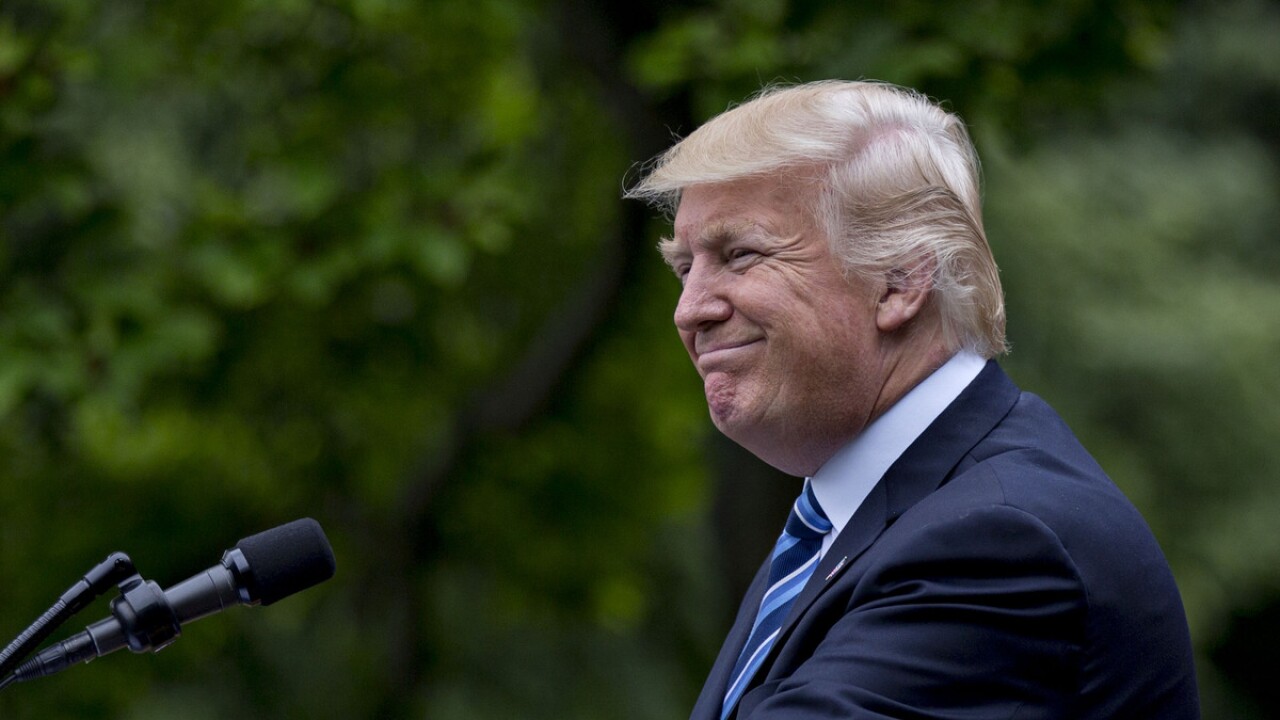-
The Internal Revenue Service issued some eagerly anticipated guidance on President Trump's executive order.
August 28 -
The administration wants employers, not employees, to be responsible for paying back the Social Security levies when they come due next year.
August 27 -
The U.S. Treasury Department still has yet to tell companies how to handle President Donald Trump’s order delaying the due date for employee payroll taxes, leaving major employers like Walmart Inc. in the lurch.
August 26 -
The Internal Revenue Service has released a draft version of the Form 1040 for tax year 2020 with several significant changes probably in store for next tax season.
August 21 -
The Democratic presidential nominee Joe Biden expressed optimism and hope about overcoming the economic crisis and other challenges during his acceptance speech at the virtual Democratic National Convention.
August 21 -
The U.S. Chamber of Commerce and other organizations are sounding the alarm about the impact of President Trump’s order.
August 18 -
Delaying tax payments is one thing; forgiving them is another thing entirely.
August 18 -
White House officials said the administration has no plans to do away with the payroll tax despite President Donald Trump saying he would seek a permanent repeal if he wins another term.
August 13 -
The American Institute of CPAs has sent a letter to top officials asking for more guidance on the president's executive order.
August 13 -
Payroll companies need guidelines on how to implement President Trump's executive order before they can start processing paychecks next month.
August 12 -
President Donald Trump’s order to delay collection of payroll taxes thrusts a dilemma on U.S. companies: continue withholding the money from workers expecting bigger paychecks or pass it on and potentially put themselves or their employees at risk of a big end-of-year bill from the IRS.
August 12 -
President Donald Trump is tapping his presidential authority to make tax changes that Congress is refusing to do, but his limited power means he could end up over-promising and under-delivering on his pledge to slash IRS bills.
August 12 -
The moves were criticized by Democrats and some Republicans as, variously, providing little real help, an unconstitutional power grab from Congress, and a backhanded way to defund Social Security and Medicare.
August 10 -
President Donald Trump’s move to halt the collection of taxes that fund America’s main support programs for the elderly spurred a wave of political opposition and threatens to generate tension between employers and workers.
August 10 -
President Donald Trump announced four executive actions on Saturday, including continued expanded unemployment benefits and a temporary payroll tax deferral for some workers, as the coronavirus pandemic continues to hobble the U.S. economy.
August 9 -
President Donald Trump said he is “talking about” doing a payroll-tax cut through an executive action, but doing so could result in hefty tax bills for employers later if the idea doesn’t get mired in legal challenges before then.
August 4 -
Any boost for workers from a payroll tax cut that President Donald Trump favors would take weeks to kick in and the effects could be distributed unevenly.
July 23 -
Republicans crafting their own plan for a new U.S. virus-relief bill broadly endorsed a fresh round of stimulus checks to individuals, extended supplemental jobless benefits and more money for testing while voicing doubts over President Donald Trump’s desired payroll tax cut.
July 22 -
The White House is signaling to Congress that President Donald Trump could reject a new coronavirus aid bill if it doesn’t include a payroll tax cut, adding a new complication to already contentious negotiations between Republicans and Democrats on the next round of stimulus.
July 17 -
President Donald Trump said he’ll ask Congress to pass more economic stimulus, including a payroll tax cut, even after the government reported a surprise improvement in U.S. unemployment on Friday.
June 8
















